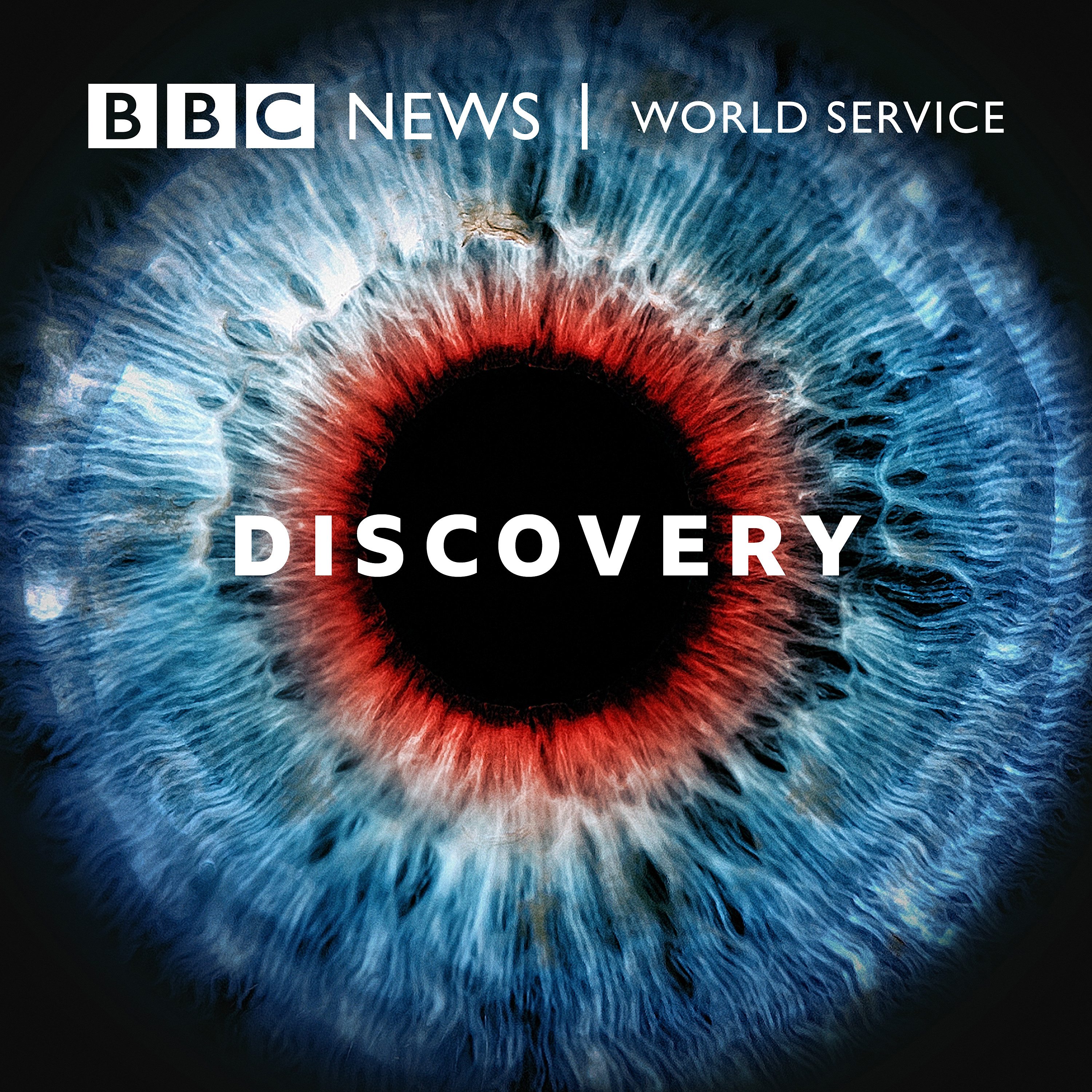
Discovery
Jun 26, 2021
A year and a half in, and in many ways Covid-19 is still an enigma. All over the world, doctors and scientists are still struggling to understand exactly how this new virus undermines our defences and then damages, even destroys, our bodies, in so many different ways. And why are some people completely unaffected?
In this edition of The Evidence, Claudia Hammond and her panel of experts chart the remarkable journey to understand this chameleon-like virus, including the long tail of the pandemic, Long Covid. Millions the world over are suffering under the dark shadow of post-Covid, with a multitude of symptoms months after the infection. Some of them, listeners to the programme, share their experiences.
And, the background story of the world famous RECOVERY trial, set up at record speed in the UK (but now international) to test which treatments could save the lives of the sickest Covid patients. So far 10 treatments for Covid have been randomised and tested on thousands of patients and the results have shown that six, including the widely used and promoted hydroxychloroquine, make no difference to chances of surviving a hospital stay. While evidence that the cheap, widely-available steroid, dexamethasone, does work, and has so far saved more than a million lives world-wide.
Joint chief investigator of RECOVERY, Sir Martin Landray, Professor of Medicine and Epidemiology at the University of Oxford, admits to Claudia that he’s been asked to include bee pollen and snake venom in the trial, but so far he’s resisted.
Claudia’s expert panel also includes Professor K. Srinath Reddy, cardiologist and epidemiologist and President of the Public Health Institute of India; Dr Sherry Chou, intensivist and neurologist from the University of Pittsburgh School of Medicine who heads the Global Consortium Study on Neurological Dysfunction in Covid-19 (GCS-NeuroCOVID) and Dr Melissa Heightman, respiratory consultant and Clinical Lead for post-COVID services at University College London Hospitals.
Produced by: Fiona Hill, Hannah Fisher and Maria Simons Studio Engineers: Donald MacDonald and Matilda Macari

